Is there a way in git to have the result of git update-index --assume-unchanged FILE_NAME by default on a given set of files? For example, a git config file that lists files whose changes are not tracked by default, so that we don't have to run the command after we clone the repo? The files would exist in the repository in a default format, be pulled by the developers, and whatever changes they make to the file wouldn't be tracked nor overwritten by posterior pulls.
For example: I have a web.config file with a placeholder for connection strings that are used by the project. Ideally, the developer would clone the repo and replace those placeholders with connection strings pointing to their local resources. No need to run any commands. That way, these changes would be preserved in posterior pulls, unless the format of the web.config file changed in the repo, and their local changes wouldn't be pushed to the repo.
Is this achievable in git with a config file? Or do I always have to run the command for the "set of files to assume unchanged"?
